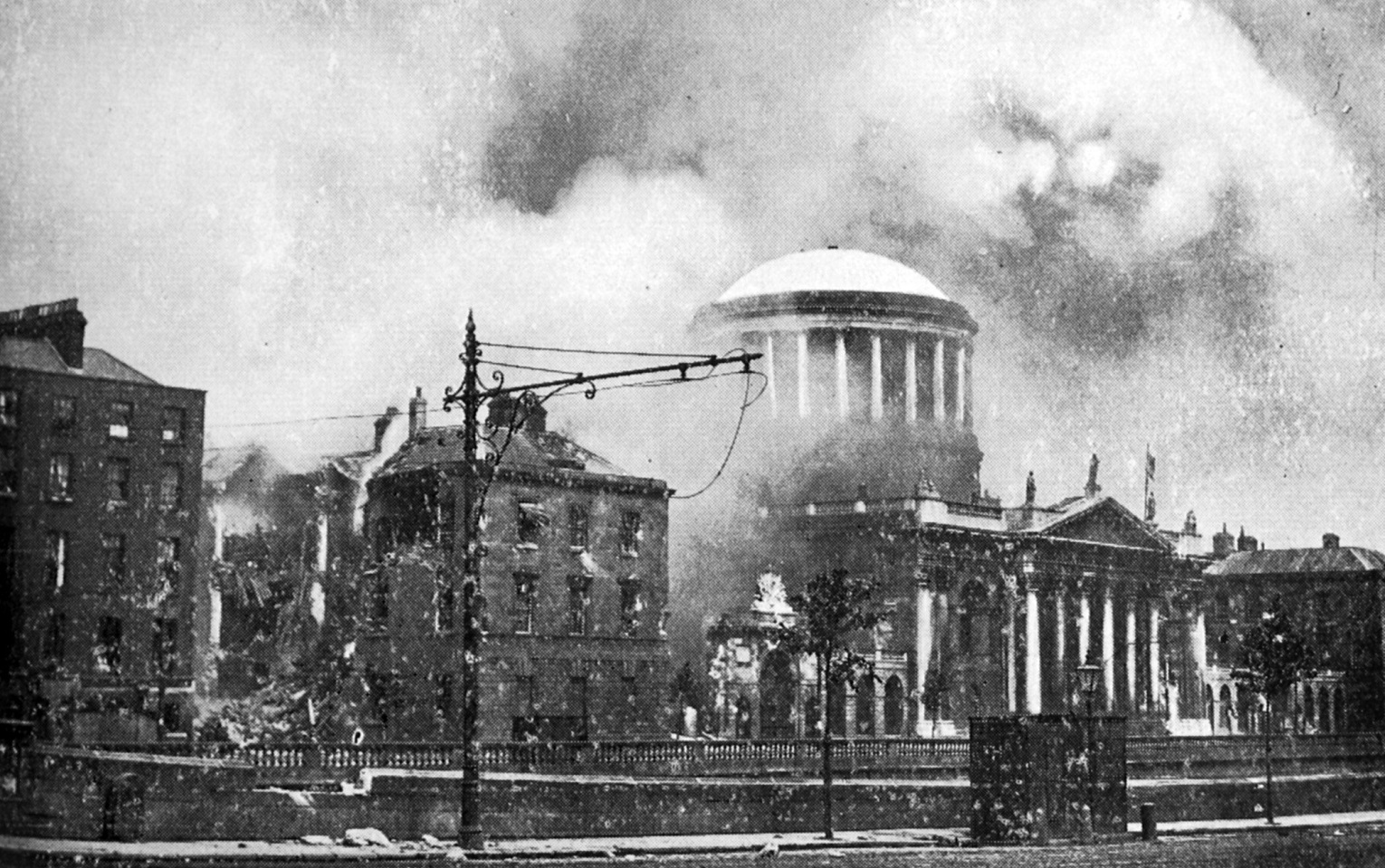
Settlers donate ploughing
A ploughing bee was held on Monday last on the Lamont Settlement at Woodlands (says the Southland News). The ploughing had got behind on a section vacated by one soldier settler and taken over by another. Mr W.E. Gaudin, of Dunedin, and Mr N.E.H. Hubbard, Government supervisor of soldier settlements, consequently arranged the ploughing bee. Owing to the rough weather, however, only three teams turned out, but eight other teams promised to do a day’s work during the week. The ploughing bee is a splendid idea. Not only does it serve as an introduction to the district for the new man, but it also promotes friendly relations, and encourages the growth of a real community spirit.
Cotton-growing increasing
Sydney: A prominent Queensland cotton grower states that 7000 acres were harvested during the past season, yielding nearly 4.5 million pounds of seed cotton, compared with about one million pounds harvested in the previous year. This year it is anticipated that 40,000 acres will be planted. Cotton pickers are paid from 1 to 2 pence per pound, and earn from 12s 6d to 15s daily. He expressed the conviction that cotton-growing will become the cheap industry of Queensland, if not all of Australia. According to a recent statement by Mr H.C. Armstrong, one of the directors of the Australian Cotton Growing Association, which has been given entire control of the industry in Queensland, cotton growing is now being undertaken on an important
scale in Australia.
Educational trips from Chathams
The disadvantages imposed on school children in the Chatham Islands was stressed by Mr H. Gudsell, who attended the meeting of the Canterbury School Committees Association. Mr Gudsell pointed out that most of the children had never seen a bicycle or a motor car, and were quite in ignorance of many matters in the outside world. He proposed that 20 of the senior scholars — there were about 92 children attending schools on the island — should be brought to Christchurch and billeted there for a week. — ODT, 3.7.1922












